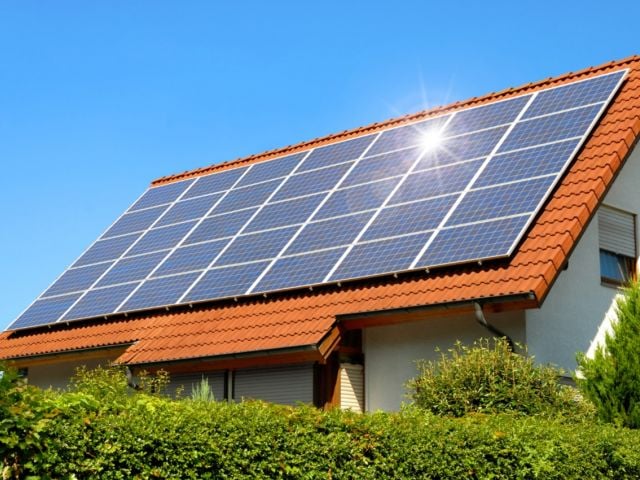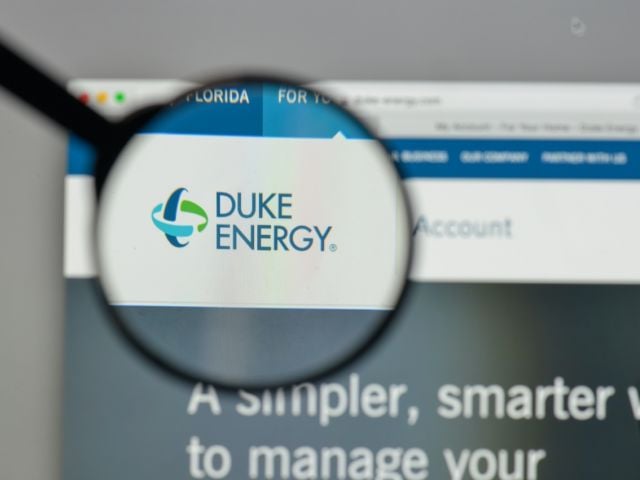WASHINGTON – Although previous schemes to bail out the dying nuclear industry fizzled, the Trump administration is at it again. Bloomberg reports that the administration is considering using an obscure Cold War-era law to directly purchase U.S.-mined uranium to restock nuclear power plants.
In an Aug. 18 letter from the Nuclear Energy Institute to White House national security advisor John Bolton and economic advisor Larry Kudlow, the industry trade group called on the administration to use “direct payments to either a U.S. utility or domestic uranium producer for sale of U.S.-origin uranium to a utility.”
The purchases would be authorized under the Defense Production Act, enacted during the Korean War to ensure that U.S. industries have the resources necessary for national defense. The act allows the president to allocate uranium and other materials needed to power and arm submarines, aircraft carriers and warheads.
But experts say there is no military justification for the scheme.
“Frankly, we have already taken care of our naval fuel needs for the next 60 years. We are awash in enriched uranium for weapons,” Sharon Squassoni, a professor on nuclear policy at George Washington University, told Reuters.
In July, the president dismissed a Commerce Department proposal, strongly backed by the uranium and nuclear industries, to slap tariffs on uranium imported to the U.S. Instead, President Trump created a working group including Bolton, Kudlow and six cabinet secretaries to come up with other options for propping up the nuclear power industry.
The industry is struggling because of aging plants and high operating costs, which make it hard to compete against much cheaper renewable energy sources and natural gas.
This is not the first time the Trump administration has toyed with ideas to use taxpayer money to prop up the nuclear power industry artificially. Energy Secretary Rick Perry twice pursued plans to bail out both the nuclear and coal industries by requiring regional electricity suppliers to buy above-market-rate power from coal and nuclear plants, even when cheaper sources are available.
Perry’s proposals were shot down by the Federal Energy Regulatory Commission and top White House national security officials. In June, Perry admitted there is no federal authority for his scheme, so operators of struggling nuclear plants have turned to getting bailouts from state governments.
“The Trump administration is once again looking to prop up the dying and dangerous nuclear energy industry and squandering taxpayer dollars to do it,” said EWG President Ken Cook. “Nuclear power is a relic of the last century, too risky, too expensive and completely rejected by Wall Street investors. Instead of backing another energy loser, the administration should push to make America’s wind and solar power great again, by helping U.S. makers of turbines and solar panels recover from years of standing by while foreign competitors dominate.”
Data from the Energy Information Administration shows that since 2009, solar power capacity has grown by more than a factor of 89, and wind power capacity has increased sixfold. But production of solar panels and wind turbines is dominated by companies from China and Europe.
Reuters reported that the White House working group is expected to make its recommendations for bailing out domestic uranium mining and the nuclear power industry by Oct. 10.
Much of the U.S.’ uranium deposits are in the desert Southwest, including along the rim of the Grand Canyon. In 2012, then-Interior Secretary Ken Salazar placed a 20-year moratorium on uranium mining on more than 1 million acres of land along the canyon rim.
But in November 2017, the Trump administration announced plans to reconsider the mining ban near the Grand Canyon. And in March 2018, the uranium mining lobby petitioned the Supreme Court to lift the Obama-era ban.
Photo by Bedrijfsfotograaf Fredography
###
The Environmental Working Group is a nonprofit, non-partisan organization that empowers people to live healthier lives in a healthier environment. Through research, advocacy and unique education tools, EWG drives consumer choice and civic action.


